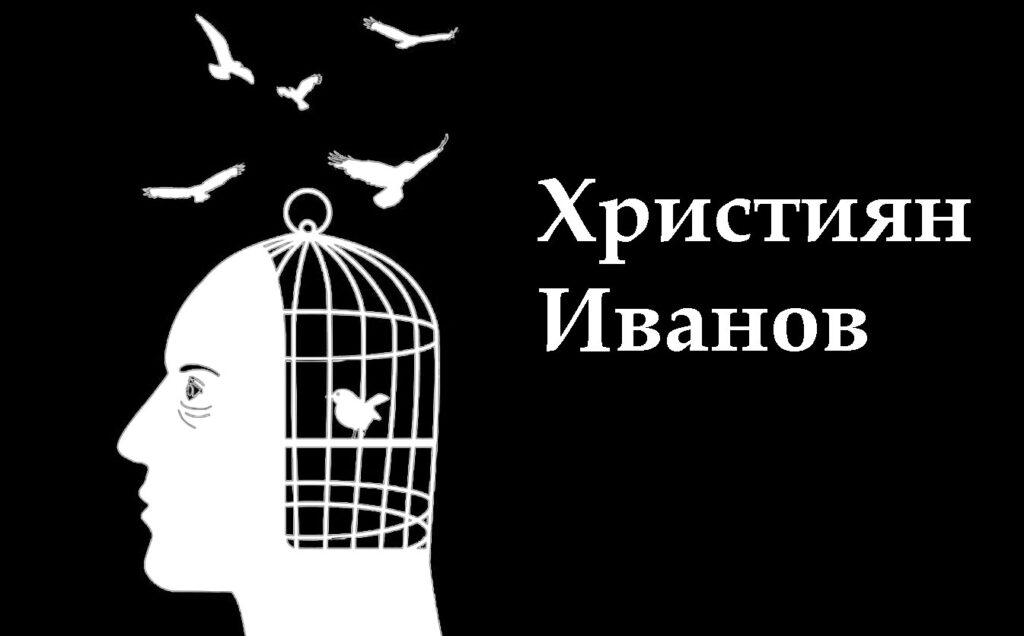Exploring the Life and Works of Esteemed Bulgarian Author Ivan Vazov
The Life and Legacy of Ivan Vazov
Ivan Vazov, born on June 27, 1850, in Sopot, at the time a part of the Ottoman Empire, is celebrated as one of Bulgaria’s most influential literary figures. His early education took place in his hometown, where he was introduced to the ideas of the Bulgarian National Revival, a crucial period that significantly influenced his work. Vazov later continued his studies in Kalofer and Plovdiv, where his exposure to Bulgarian and European literary trends began to shape his future writings.
Vazov’s literary journey commenced at a young age, but it was his involvement in the Bulgarian national revival that truly ignited his passion for writing. He became an ardent supporter of Bulgaria’s struggle for independence from Ottoman rule, a theme that permeates much of his work. His political engagement and patriotic fervor are particularly evident in his acclaimed novel „Under the Yoke,“ which vividly depicts the Bulgarian resistance against Ottoman oppression.
Throughout his extensive career, Ivan Vazov wore many literary hats—novelist, poet, and playwright. His multifaceted talents allowed him to explore and capture the essence of Bulgarian life and culture from various angles. He published numerous poetry collections, such as „Epic of the Forgotten“ and „Under Our Heaven,“ which reflect his deep connection to his homeland and his appreciation for its natural and cultural heritage. As a playwright, his works also resonated with nationalistic themes, often portraying the struggles and triumphs of ordinary Bulgarians.
Vazov’s personal experiences, particularly his time spent in exile in Romania, profoundly influenced his writing. The socio-political upheavals of his time did not go unnoticed; rather, they enriched his narratives, providing a realistic portrayal of the challenges faced by his compatriots. His works serve not only as literary masterpieces but also as historical documents that offer insight into Bulgaria’s turbulent past.
The legacy of Ivan Vazov endures in contemporary Bulgarian culture. Regarded as the „Patriarch of Bulgarian Literature,“ his contributions have left an indelible mark on the nation’s literary landscape. His works are continuously studied in Bulgarian schools, and his influence pervades modern Bulgarian literature and culture. Ivan Vazov remains a venerated figure whose literary achievements continue to inspire generations of readers and writers alike.
An Analysis of Ivan Vazov’s Major Works
Ivan Vazov’s literary legacy is profoundly anchored in his magnum opus, Under the Yoke. This novel, set during the Bulgarian Revival and the lead-up to the April Uprising of 1876, offers a vivid portrayal of the Bulgarian people’s struggle for liberation from Ottoman rule. The themes of resilience, national identity, and sacrifice run throughout the narrative. Vazov skillfully weaves historical events with fictional storytelling, creating a work that resonates with both historical accuracy and emotional depth. His character development and keen observations of societal dynamics elevate Under the Yoke as a cornerstone of Bulgarian literature.
Beyond his seminal novel, Vazov’s poetic contributions also hold significant weight. The poetry collection Epic of the Forgotten highlights his capacity to evoke introspection and national pride. Through a series of elegiac verses, Vazov pays homage to unsung Bulgarian heroes and common folk whose sacrifices were pivotal in the nation’s history. His use of vivid imagery and melodious language not only immortalizes these figures but also reinforces a collective memory and patriotic spirit.
Similarly, Songs of the Blood delves into themes of struggle, sacrifice, and emotional turmoil. This collection stands out for its raw exploration of human experiences during times of conflict and personal strife. Vazov’s ability to capture the quintessence of human endurance and spirit reflects his mastery of lyrical poetry, rendering his poetic works as emotionally charged and thematically sophisticated.
In the realm of drama, works like Borislav and Hashove exemplify Vazov’s versatility. His plays often explore themes of honor, betrayal, and the dilemmas faced by individuals caught in the tumult of historical change. The characters are drawn with psychological complexity, showcasing Vazov’s nuanced understanding of human nature.
His short stories, meanwhile, provide snapshots of everyday life, often laced with moral questions and reflections on the human condition. Common motifs include the clash between tradition and modernity, the struggle for personal ethics, and the quest for social justice.
Vazov’s works collectively mirror the national spirit of Bulgaria. His portrayals of universal themes such as freedom, unity, and human resilience transcend cultural boundaries, ensuring his place not just as a Bulgarian literary icon but also as a universal storyteller whose works echo the broad spectrum of human experiences.
